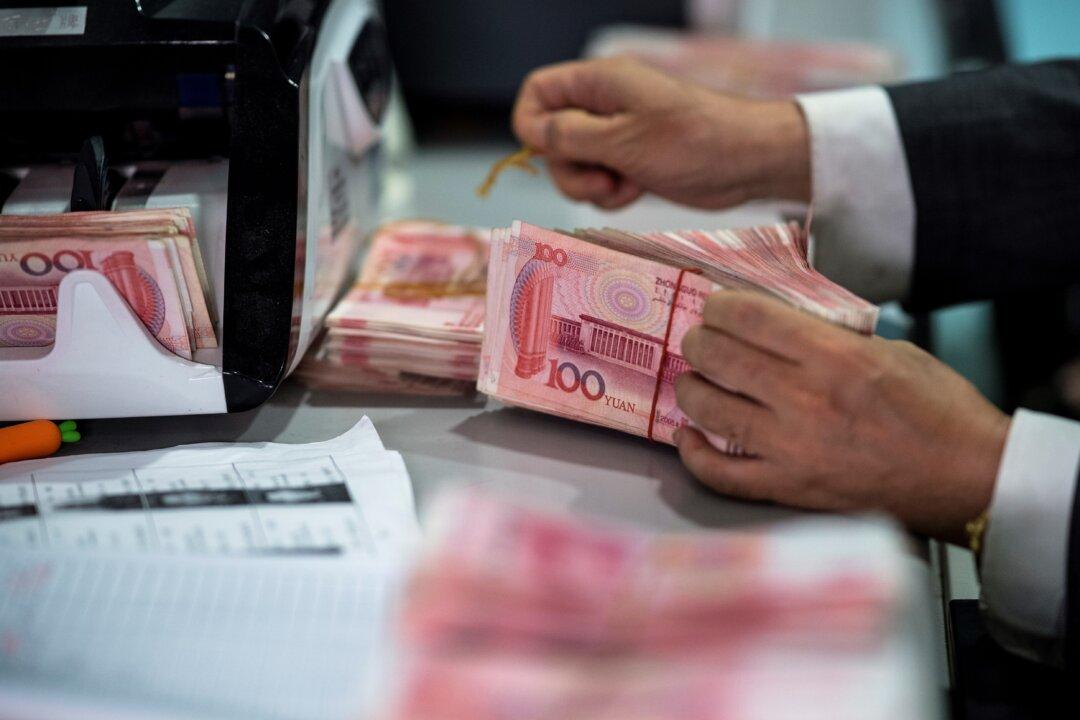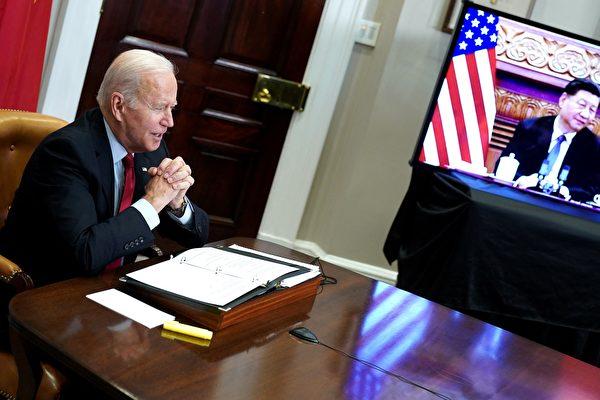In China, an industry of scammers has defrauded banks by purposely defaulting on fraudulently obtained bank loans and pocketing the money among themselves, according to involved parties who have spoken to The Epoch Times under pseudonyms.
The scam involves bank personnel colluding with intermediaries and a “debt carrier.”





